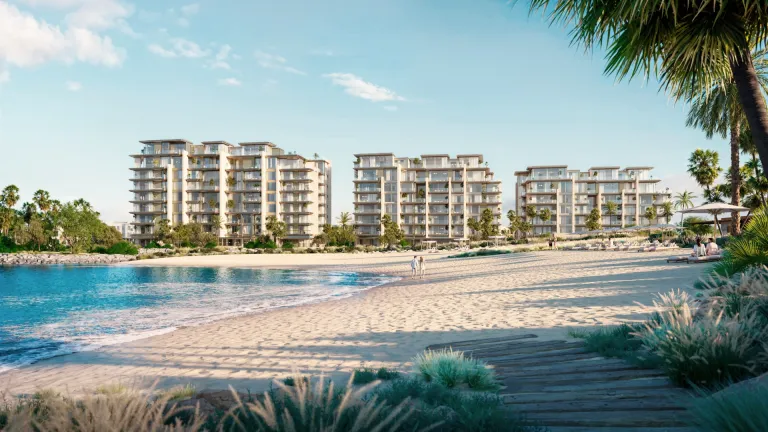No Results Found
Search Results - Blog
Search Results - FAQs
No Results Found
No Result Found
How Dubai 2040 Urban Master Plan is Transforming the Real Estate Landscape

In 2018, the UAE introduced the Value Added Tax (VAT), impacting a wide range of industries, including the real estate sector. With Dubai being a global hub for real estate investment, it is imperative to understand the legal framework, including taxes, service fees, etc. VAT is a significant aspect of property transactions. The introduction of VAT made a remarkable shift in the economic policy of UAE. In Dubai, VAT is levied at a standard rate of 5% on certain supplies and transactions.
Understanding VAT:
For VAT purposes, a supply of real estate is considered as a supply of goods. Thus, a supply of real estate involves the transfer of ownership of the property to another person. VAT is applied when a taxable supply is made; the definition of supply here being supply of goods or services. Supply of goods with respect to real estate means the sale of property or lease of property. VAT laws in the UAE are different for different types of real estate transactions:
- The first supply of a new residential building is zero-rated, which means there are no VAT charges on the sale or lease of the property. The VAT incurred on the costs of construction and development can be recovered by the supplier. The first supply must be made within three years of completion of the building.
- The subsequent supply of a residential property is again VAT-free. However, in this case, the supplier will not be able to recover the VAT charges incurred on the costs of construction and development.
- The sale of off-plan properties in Dubai i.e. prior to completion of construction, will be zero-rated, as these will be treated as future supply of a residential building.
- VAT charges for the supply of a commercial building are standard-rated, i.e., 5% on the lease or sale of the property. The supplier can recover the VAT paid on costs of property construction.
- The supply of bare land is exempt from VAT for sale or lease, but the supplier cannot recover the VAT on payment for acquisition and development of the land.
Residential Property VAT
In order to determine if a residential property attracts VAT, you must first understand what defines a residential property. As per the Federal Tax Authority (FTA), below types are considered residential:
- Villas, townhouses, and apartments
- Houses for students
- Orphanages or Nursing homes
- Residential accommodation for armed forces and police
If the first sale or lease takes place within three years of construction, there will be no VAT. The resale market in UAE real estate is exempt from VAT. However, investors must pay taxes on services and commissions pertaining to the sale. For example, if the property you own is purely residential, it is exempt from VAT and you cannot charge VAT on rent or sale of the property. Consequently, you are not liable for tax returns in the resale. As a tenant, there is no VAT on the rent, but there will be VAT charges on services such as electricity, water, air conditioning, and agency fees.
VAT on Residential Rent
While residential rent for properties such as villas, townhouses, or apartments in the UAE is exempt from VAT, there are some exceptions, as mentioned below.
• Short-term Property Lease to Non-residents: If the property is leased for a short term to non-residents, it falls under the commercial property category which is subjected to VAT. The FTA defines short-term as a period of less than six months.
• First Supply of Residential Property: The first supply of a residential property is subject to VAT at zero rate, which means the owner will not charge VAT on the rent but can claim input tax credit on the expenses related to the property. When the property is rented out for the first time within three years of its completion, it is termed as the first supply of the property.
If you are planning on investing in property in Dubai, you should be aware of the legal landscape of the city, including VAT laws and service fees. Contact us to understand how VAT charges affect different transactions and get guidance on how to avoid any financial and legal errors when transacting in real estate.


